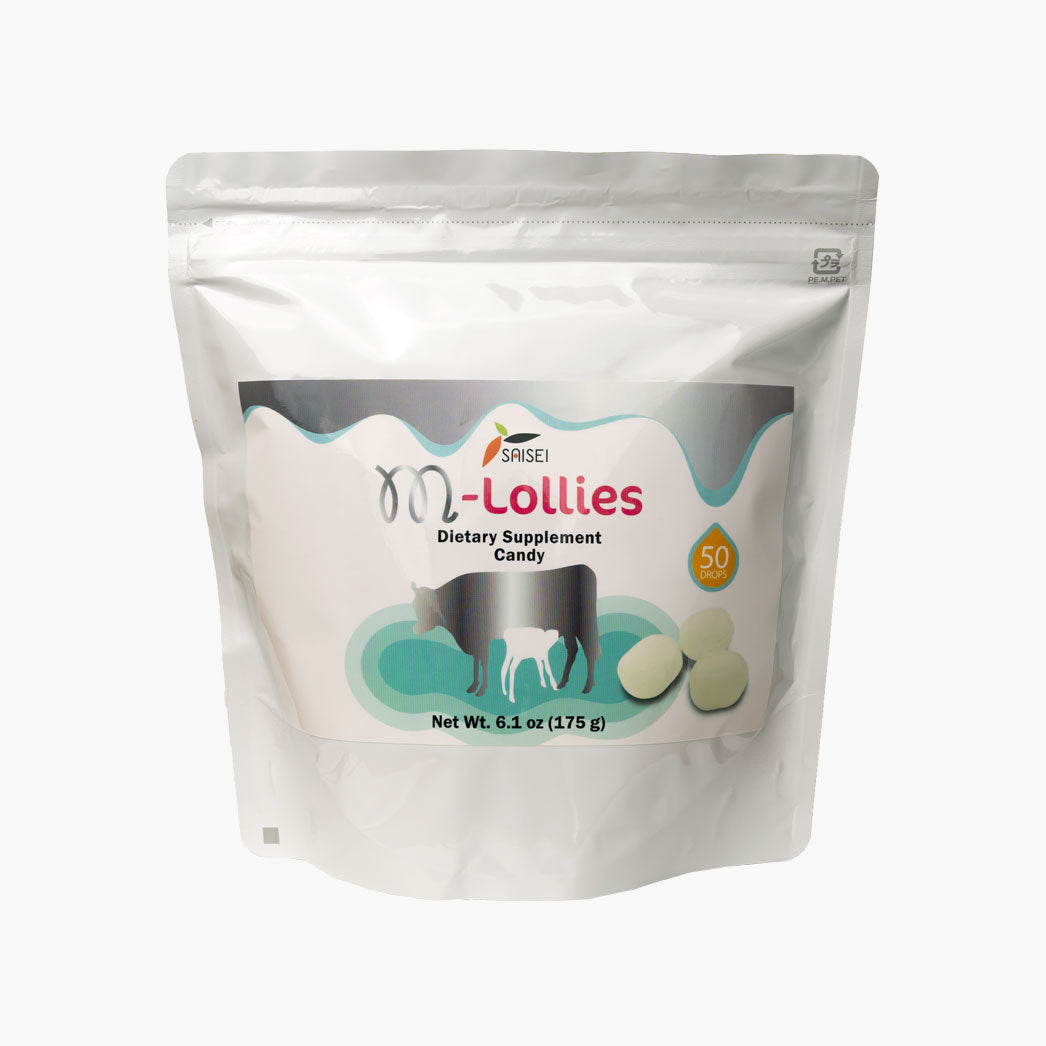Dietary MAF not only activates macrophages but also supports cellularrejuvenation.
Studies in mice have shown telomere elongation, increased telomerase (TERT and TERC) expression, and enhanced Klotho gene activity, promoting a more youthful state.

Can the Brain Regenerate?
While the brain has limited regenerative ability compared to organs like the skin or muscles, it does possess remarkable mechanisms for repair and adaptation:
- Neurogenesis
New neurons can be generated in specific brain regions like the hippocampus, which plays a key role in memory and learning. - Neuroplasticity
The brain can rewire itself by strengthening existing neural connections—helping us adapt, learn, and recover from injury. - Stem Cell Repair
Neural stem cells can develop into neurons or glial cells, supporting regeneration and repair in certain areas. - Natural Limitations
Despite these abilities, the brain's overall capacity to recover from major damage remains limited.
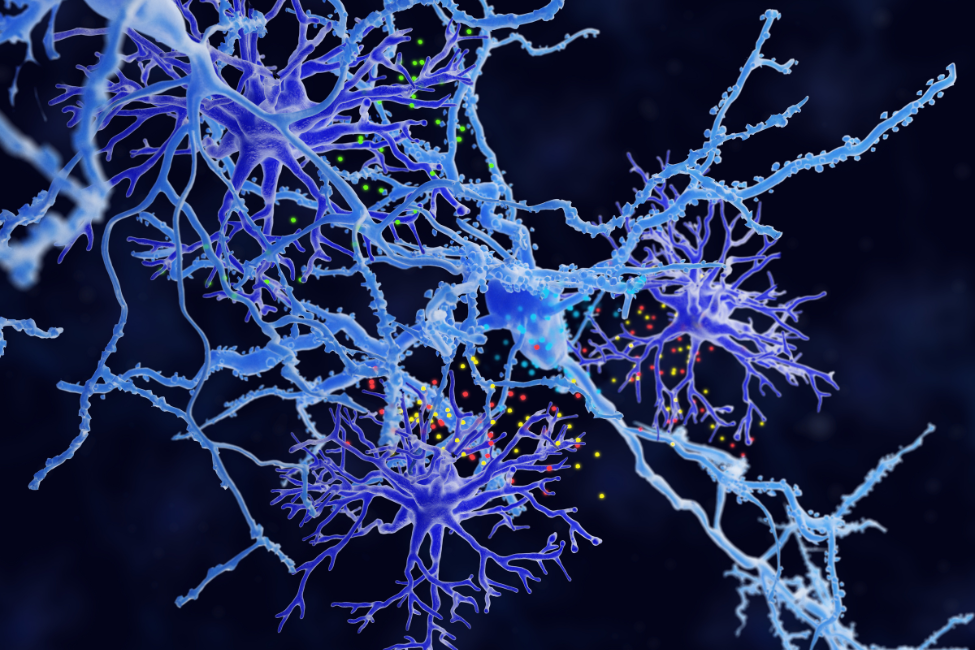
The Role of Microglia in Brain Health
Microglia are essential immune cells in the brain, previously seen as simple supporters of neurons but now understood as specialized resident macrophages of the central nervous system (CNS), actively involved in clearing protein aggregates, maintaining the blood-brain barrier, and regulating neuroinflammation.
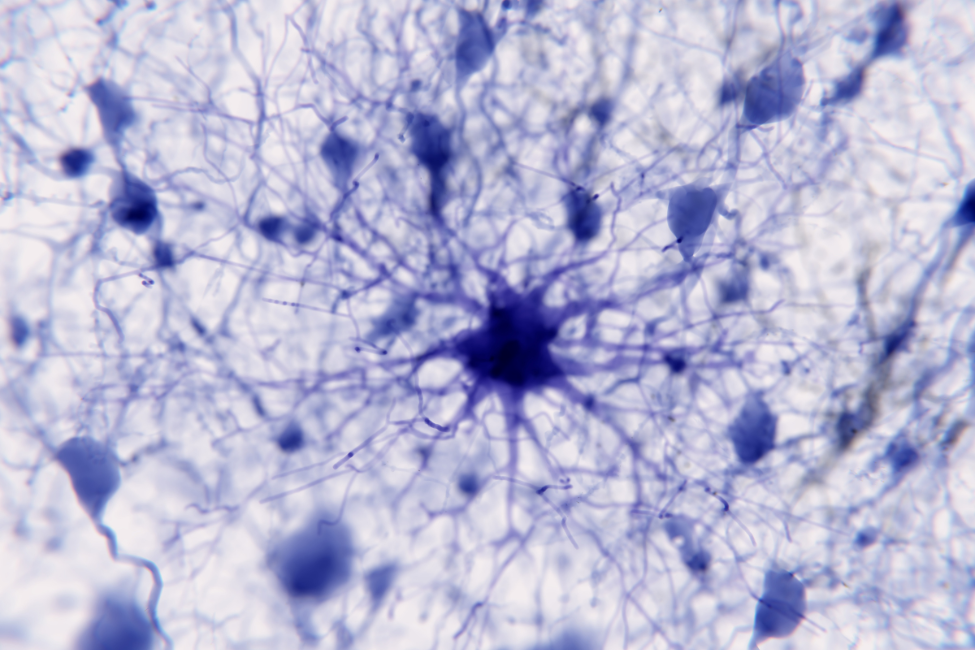
Why Healthy Microglia Matter
Dysfunctional microglia can contribute to chronic inflammation and
brain diseases. Recent research highlights a paradigm shift in dementia
treatment, focusing on:
1. Supporting healthy microglia to reduce inflammation.
2. Klotho gene overexpression—a longevity factor that enhances
cognitive function.
3. Telomere extension, linked to rejuvenation and longevity
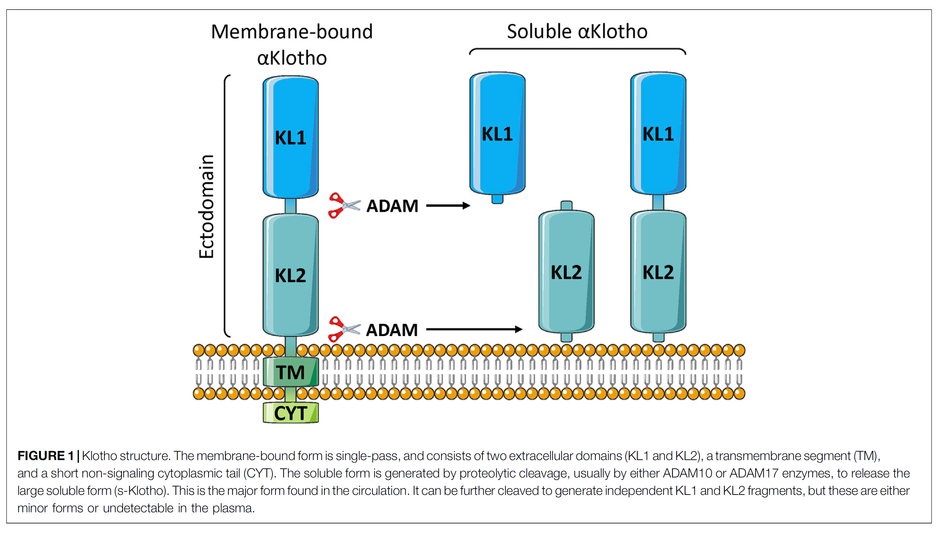
Actions of α-Klotho – effects on aging
Klotho is an anti-aging hormone detected in the kidneys, brain, urine, blood stream, and muscle.
It is essential for a long, healthy life.
The plasma (soluble) form of α-klotho is most easily measured, and has been shown to decrease after 40 years of age in humans
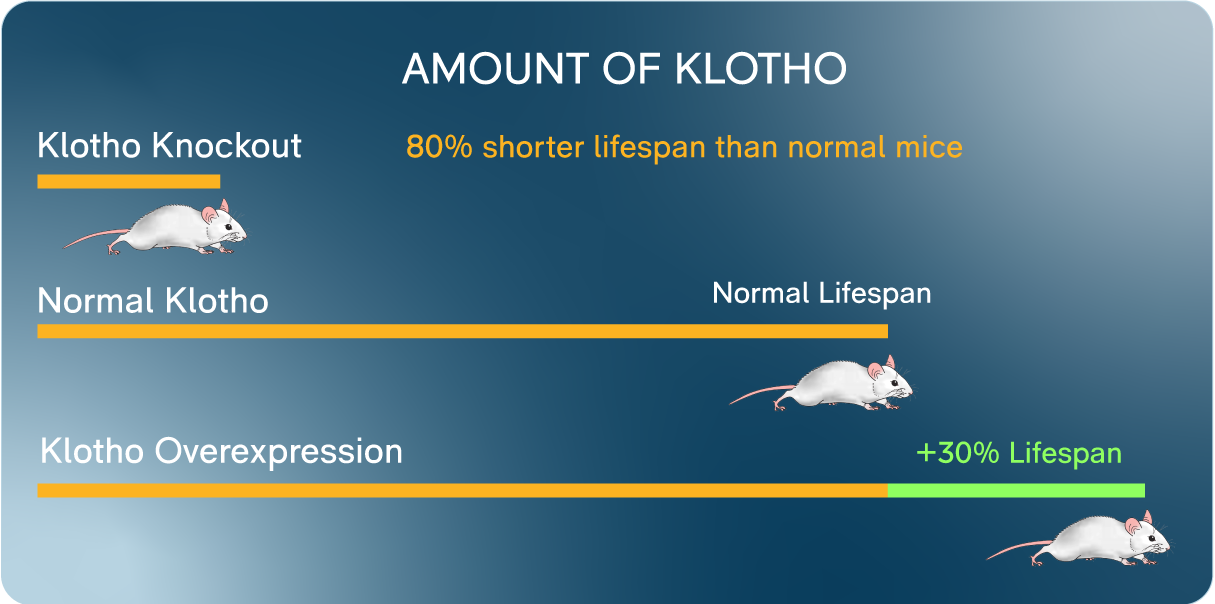
Klotho: The Anti-Aging Gene
Named after the Greek goddess Clotho, this gene plays a crucial role in aging and cognitive function.
Studies show:
Klotho deficiency shortens lifespan by 80%.
Overexpression in mice extends lifespan by 30%.
Higher Klotho levels correlate with better cognitive function and neuroprotection.
Plasma Klotho levels decline with age, increasing the risk of
cognitive decline.
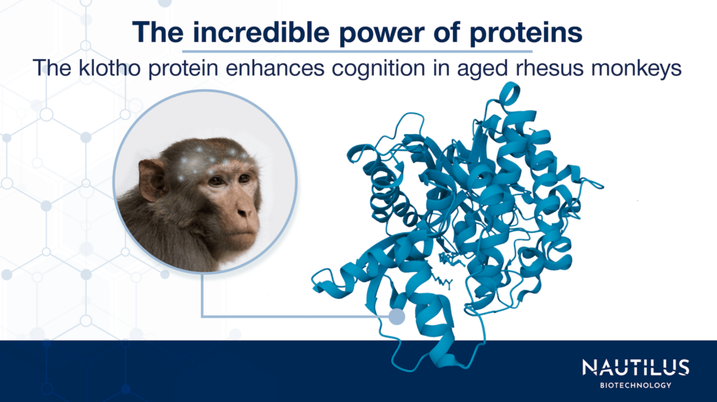
How Does α-Klotho Impact Brain Health?
Cognitive Function: Higher levels of α-Klotho have been
linked to improved memory and synaptic plasticity in both
aged mice and nonhuman primates.
Aging and Neurodegeneration: As α-Klotho levels decrease
with age, the risk of cognitive decline and neurological
diseases rises.
Potential Therapeutic Target: Increasing α-Klotho levels may
offer new avenues for preventing age-related cognitive
decline and extending lifespan.
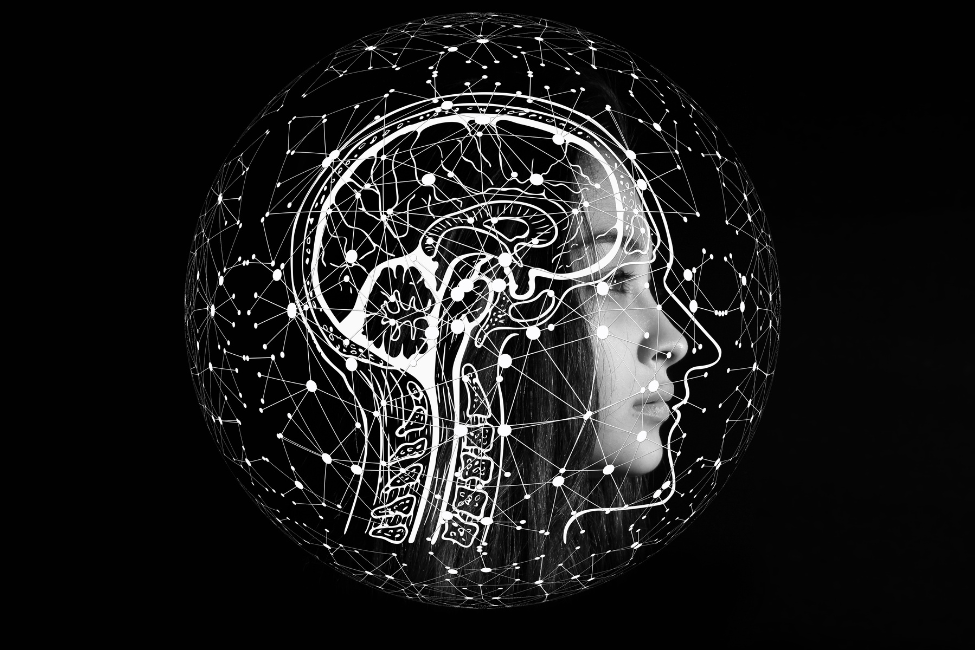
How MAF Supports Brain Health
Macrophage-Activating Factor (MAF) is a powerful regulator that has shown promising results in brain health:
Boosts Klotho levels in the plasma, brain, and kidneys.
Supports microglia in clearing toxic proteins.
Enhances neuroprotection and cognitive function.
Reduces neuroinflammation linked to aging and neurodegeneration.

The Connection Between MAF and α-Klotho
Research suggests that Dietary MAF (Macrophage Activating Factor) can naturally boost α-Klotho levels in the body:
Increased α-Klotho Levels: Studies show that MAF supplementation raises α-Klotho levels in the plasma, brain, and kidneys.
MAF & α-Klotho: Mice consuming MAF showed significant increases in α-Klotho, indicating a potential nutritional strategy to support brain health and longevity.

Clinical Findings on MAF
A Phase 2 clinical trial in Japan studied the effects of dietary MAF on
elderly individuals in rehabilitation. Results showed:
Improved cognitive function in participants using MAF.
Many participants in the MAF group did not contract COVID-19
during the study.
Potential for MAF to support immune function and cognitive health.
Clinical trial: Phase 2, to evaluate the efficacy of Dietary MAF on CognitiveFunction in Elderly Users of Rehabilitation in Japan
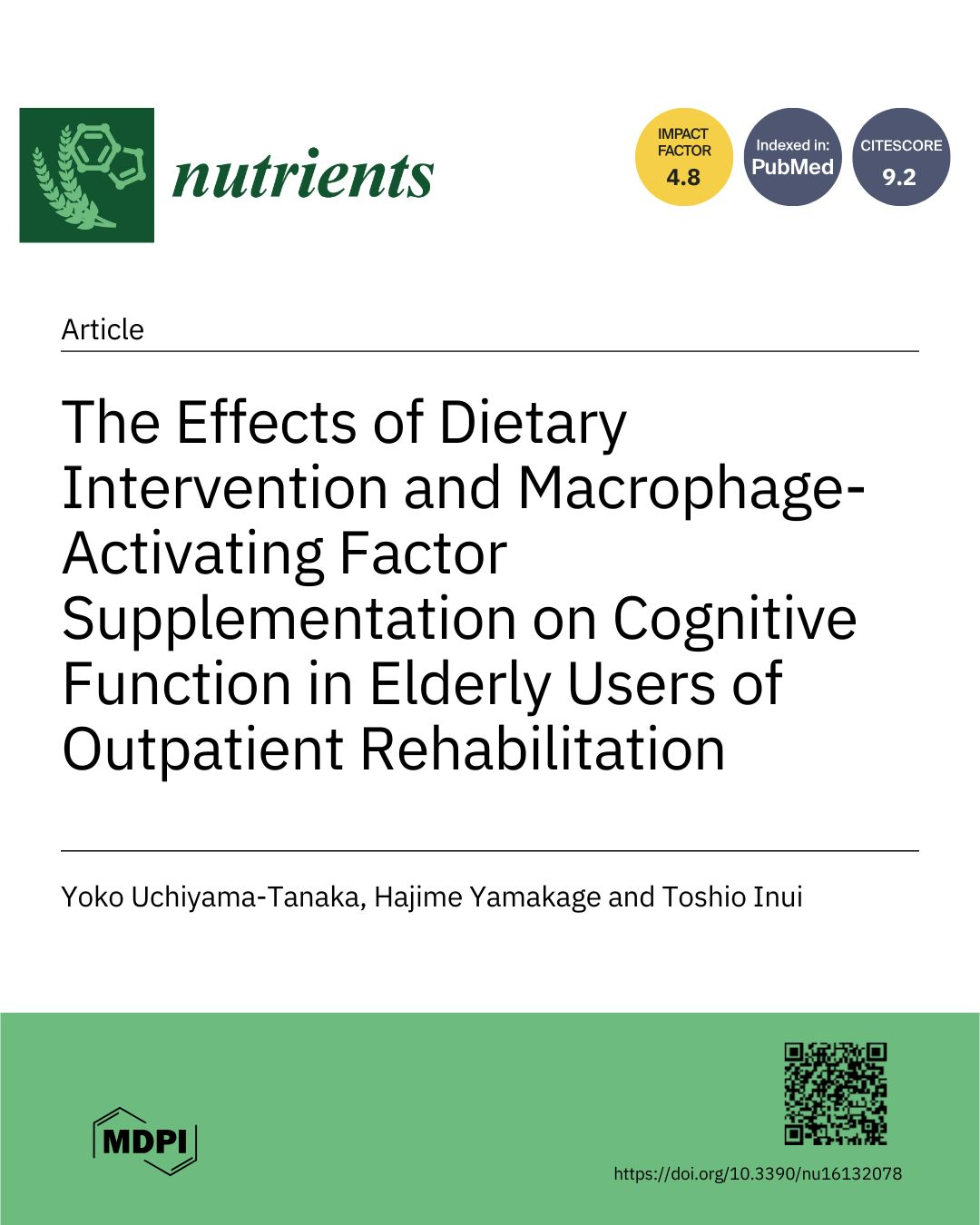
Clinical trial: Phase 2, to evaluate the efficacy of Dietary MAF on CognitiveFunction in Elderly Users of Rehabilitation in Japan
Background: Age, genetic, and environmental factors are
noted to contribute to dementia risk. Neuroplasticity,
protection from degeneration and cell death, and early
intervention are desirable for preventing dementia. The
linkage between neurons and microglia has been a research
focus. In this study, we examined the effects of dietary
modification (a reduction in advanced glycation end
products [AGEs]) and macrophage-activating factor (MAF; a
macrophage regulator) supplementation on cognitive
function in elderly participants undergoing rehabilitation.
Methods: Participants were older than 60 years of age and
had been attending a daycare rehabilitation facility for at
least three months without cognitive dysfunction, severe
anemia, terminal cancer, or neurodegenerative diseases
such as Parkinson’s disease.


